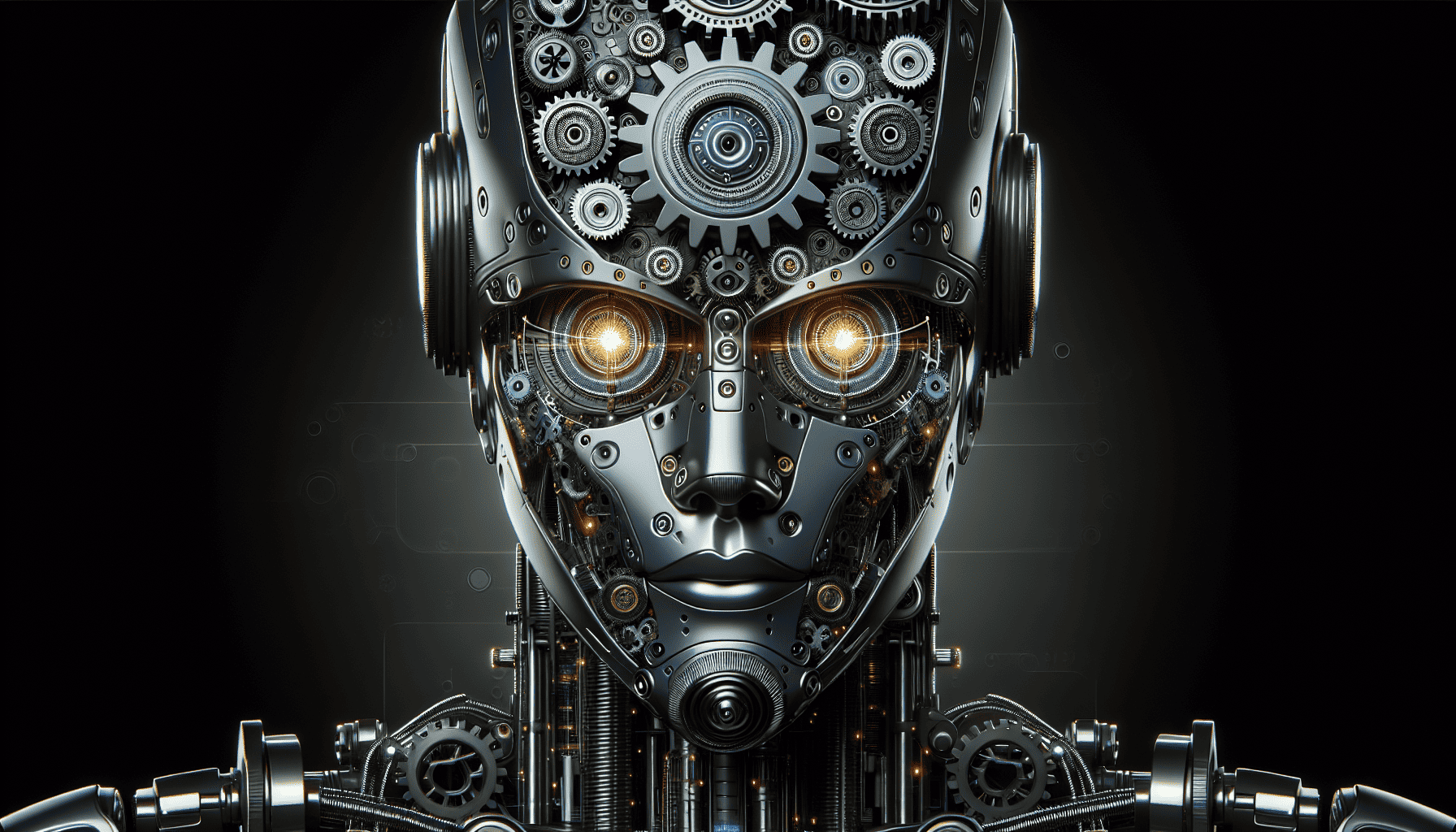In recent years, the influence of Artificial Intelligence (AI) and Machine Learning (ML) has extended its roots deep into the core of various industries, heralding a new era of transformation and innovation. These technologies are not just enhancing existing systems but reshaping industries with predictive analytics and smart automation, pushing boundaries and offering unprecedented opportunities for growth and efficiency.
At the forefront of this revolution is predictive analytics, a branch of advanced analytics that utilizes AI and ML algorithms to forecast outcomes based on historical data. The power of predictive analytics lies in its ability to provide actionable insights that inform decision-making processes, mitigate risks, and identify new avenues for growth. Industries such as healthcare, finance, retail, and manufacturing are leveraging these insights to anticipate customer needs, streamline operations, and optimize resource allocation.
In healthcare, predictive analytics is being used to improve patient outcomes by predicting disease outbreaks, personalizing treatment plans, and managing patient data more effectively. By analyzing patterns in patient records and medical histories, AI can predict potential health risks and suggest preventive measures, thereby reducing hospitalization rates and healthcare costs.
The finance sector has also embraced predictive analytics to enhance fraud detection, credit scoring, and investment forecasting. Financial institutions are using AI models to analyze transaction patterns and flag suspicious activities in real-time, significantly reducing the risk of fraud. Furthermore, these models help in creating more accurate credit scores by considering a wider range of factors, paving the way for fairer lending practices.
Retailers, on the other hand, are utilizing predictive analytics to enhance customer experience and optimize inventory management. By analyzing consumer behavior and market trends, retailers can personalize marketing strategies, resulting in higher customer satisfaction and retention rates. Additionally, by predicting product demand more accurately, companies can streamline their supply chain operations, reducing waste and maximizing profits.
In manufacturing, AI-driven automation is leading the way in achieving operational excellence. Smart automation systems equipped with machine learning capabilities are transforming production lines, making them more efficient and adaptable. These systems can predict equipment failures before they occur, schedule maintenance at optimal times, and adjust manufacturing processes in real-time to maintain quality and productivity. This not only minimizes downtime and operational costs but also enhances the overall quality of the products.
Despite these advancements, the integration of AI and machine learning into various industries is not without its challenges. Concerns about data privacy, ethical implications, and the need for skilled professionals to manage these technologies remain at the forefront. However, as AI continues to evolve, the focus is shifting towards creating transparent, accountable, and responsible AI systems that align with ethical standards and societal values.
The future of AI and machine learning is undoubtedly promising, with the potential to unlock new possibilities and drive innovation across different sectors. As these technologies continue to mature, their capacity to revolutionize industries with predictive analytics and smart automation will only grow, paving the way for a smarter, more efficient world. Whether it's through improving healthcare delivery, enhancing financial operations, or optimizing retail and manufacturing processes, the transformative power of AI and ML is set to redefine the way we live and work.
